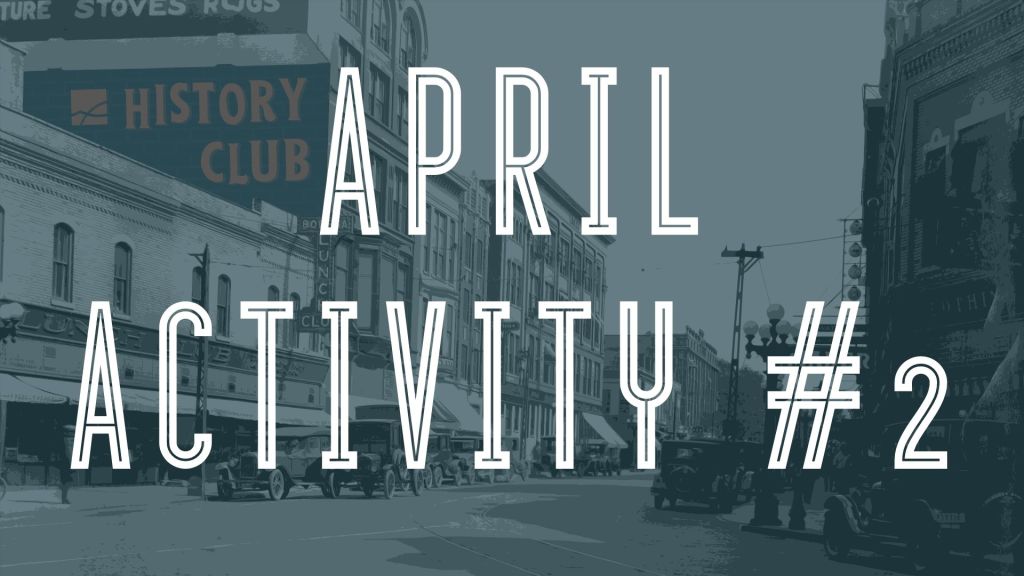
Through March and April’s first activity, Tiffany and Jenny have introduced the concept Archives Are Not Neutral and the demographics of La Crosse when the OHP collection began. For April’s second activity we’re asking you to apply these concepts and see how they might shape your understanding of an oral history recording of your choice. Below, we’ve outlined some questions to help focus your listening and to prepare you for our April discussion. Together, we can gauge how oral history informs us about the identities of individuals, and how that can help us understand our community as a whole.
Pick an Oral History
You can browse through and pick an oral history from the UWL OHP collection using the website La Crosse History Unbound, which curates online materials relating to the history of La Crosse by subject and format so you can browse materials that are within your interest. Below is a link to the oral histories that are all available online. As you scroll through this page, you’ll notice that there is a small blurb that describes the subjects of the interview, so you can pick an interview that covers your interests.
Click here to access La Crosse History Unbound.
One of the magical things of oral history is hearing someone’s words transform your understanding of past events. Sometimes an interviewee can help you envision a place that no longer exists, or maybe has changed drastically. For example, last month, Charles Conrad painted us a picture of hard child labor. Conrad described the mindset behind families needing children to work outside the home, and what his childhood jobs were like as a sawmill employee and shop clerk. As you listen to listen to your chosen oral history, allow the narrator to pull you into their stories and think about ways in which our world has changed.
Some questions to think about as you listen…
- What were some of the identities of the interviewee (their race, ethnicity, gender, sexuality, relationships and family status, place/neighborhood, socioeconomic status, education level, etc.)?
- How did the oral history help you understand how the interviewee saw themselves? Their community?
- What questions from the interviewer stood out to you? Why?
- How did the interview that you listened to illustrate a piece of La Crosse in history? What came to life for you?
April’s History Club meeting will be held virtually on Tuesday, April 26. Please RSVP for April’s meeting here. Next month (May 2022), we’ll go back to in-person meetings in the Library’s courtyard.